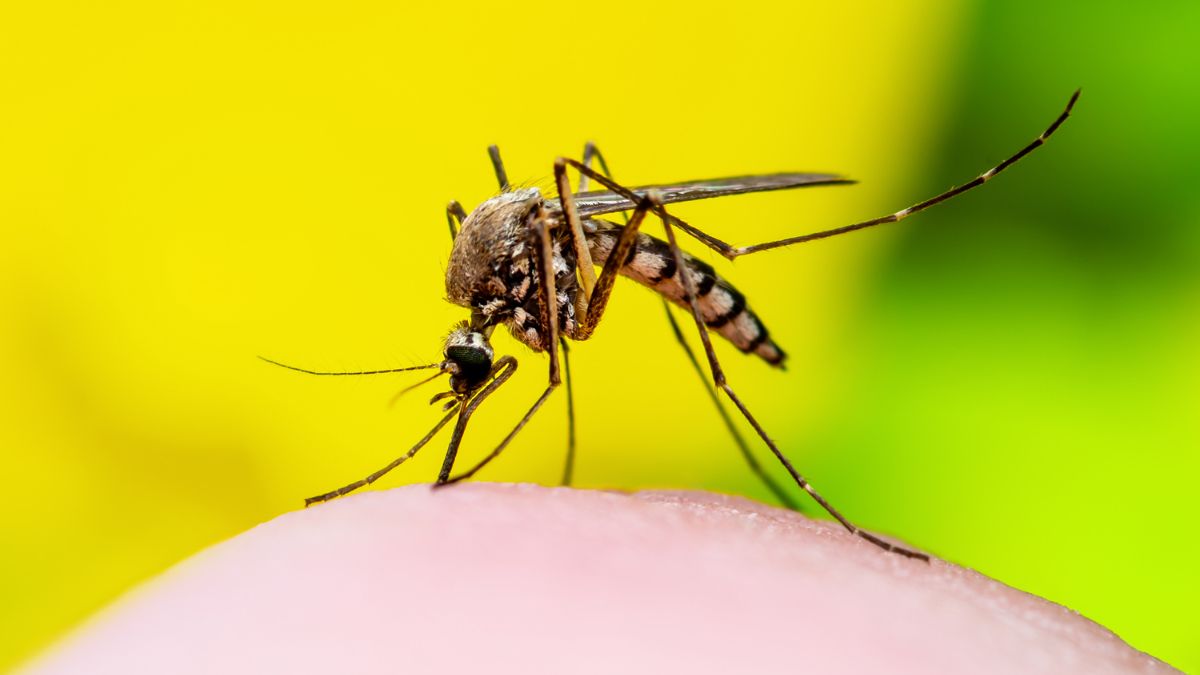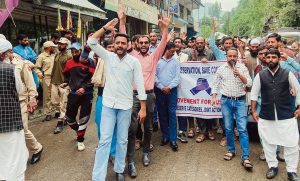
Dengue Cases in Delhi Reach 5-Year High, Government Issues Advisory
The dengue tally in Delhi reached a five-year high this year after a total of 187 cases were reported till July 22 – the highest for the period since 2018. In view of the situation, health minister Saurabh Bhardwaj said on Sunday the Delhi government has instructed officials to run campaigns regarding dengue in schools and among the common man to put a check on the spread of the virus.
“Hospitals will be made ready for dengue cases. I also had a discussion with the Municipal Corporation of Delhi (MCD) commissioner regarding the same today,” Bharadwaj said.
As per the MCD’s weekly bulletin released last Monday, about 65 dengue cases were reported in the first three weeks of July; 40 in June and 23 in May. The fear of a dengue outbreak followed the unprecedented flood-like situation in the national capital, which remained for days due to the overflowing of the Yamuna river amid incessant monsoon rain in hilly states.
The viral infection is caused by the dengue virus (DENV), transmitted to humans through the bite of infected mosquitoes, primarily the Aedes aegypti mosquito. Experts say there are four dengue virus serotypes — DENV-1, DENV-2, DENV-3 and DENV-4. The Delhi government said that upon the genome sequencing of 20 positive samples, it was found that 19 of these had strain type-2.
Government takes steps to check the spread
1)Type-2 is a severe strain, from which there is risk to patients. In view of the situation, the government also increased fines for mosquito breeding – ₹1000 for households and ₹5000 for commercial establishments.
2) In a meeting held last week, it was decided to check the breeding of mosquito larvae in households through breedings checkers. The 1031 helpline, in addition to Covid-19 cases, has been designated to cater to dengue cases as well. Bharadwaj also said a 24×7 control room will be set up soon.
3)Chief minister Arvind Kejriwal also asked the director of education to ensure the strict implementation of wearing full-sleeve clothes and full pants in schools as preventive measures. School students have been roped in to participate in the campaign to check spread. Children will be made responsible for spreading awareness and for checking their homes for stagnant water. A ‘Dengue Homework Cards’ has been asked to provide to the students to help monitor their homes. This report card to be made by the students has been made “mandatory” for all the schools in Delhi, the minister further said.
4)ASHA workers, the Delhi Metro rail network and police have also been asked to join the campaign against dengue. Delhi Metro has started making announcements at its stations to raise awareness.
5)The government also urged people to avoid self-medication or buy over-the-counter drugs in case of a fever. “Aspirin, disprin, ibuprofen, which further thin the blood, should not be taken by a dengue patient. A doctor should be consulted in case of fever,” the minister cautioned.
What to do in case of dengue infection?
Doctors said dengue is accompanied by high-grade fever and patients should keep themselves hydrated. “If a patient is feeling very weak and severely dehydrated due to bouts of vomiting and dizziness in the head, then it’s a sign that the person should be hospitalised,” Richa Sareen, senior consultant, pulmonology, Fortis Hospital said. After witnessing symptoms, the patients should also go through an NS1 antigen test, done to diagnose dengue infection. A normal platelet count is between 1,50,000 and 4,00,000 per microliter of blood, and therefore this count should be properly monitored, the doctor added.

